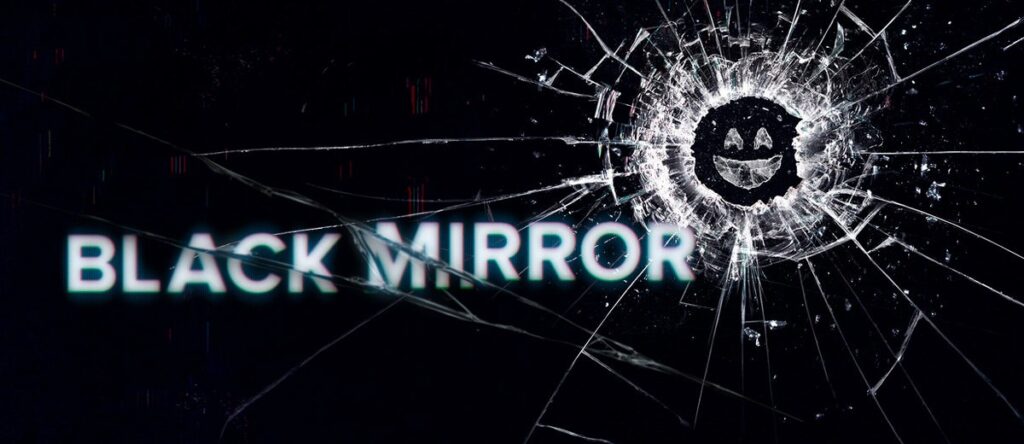

Mental conditions like autism, anxiety, depression, bipolar, ADD/ADHD etc. often have disconcerting impacts to ones’ social life. For someone with social anxiety, the effects upon their social life are easily identifiable. It manifests in being uncomfortable around strangers, in large groups of people, difficulty finding your social footing in places like work and school, and more. One with social anxiety is likely to have fewer friends, less frequent meaningful connections, possibly trouble dating and other life-impacting symptoms stemming from this unhelpful mental state. However in 2020, as the mental health dialogue grows larger and comes further into the mainstream, it is likely that anyone reading this has a friend, partner, spouse, or acquaintance that struggles with one or more of the diagnoses I listed. Even if you may not know someone with a medical diagnosis, the feeling of social inadequacy, despair, and anxiety are universal to humanity, and can be helped and hurt depending on the behaviors one engages in. For example if I have a mood disorder that causes frequent rage, or just am innately an angry person, and I engage in the behaviors of smoking weed, drinking alcohol, and aggressive behavior, then that disorder is not going to be helped. However, weed, alcohol, and other substances are powerful coping skills that alter the state of your mind, to make that initial discomfort of having a mood disorder– or having uncomfortable feelings of anger– more palpable.
Using VR in Mental Health Treatment
In my past few posts I’ve touched on just how powerful virtual reality can be, as it represents the complete displacement of a human experience. This can be digested in a negative manner, as it generates a certain amount of fear around VR addictions, sex, chaos, replacement of the real world etc. However, it also provides hope for new entertainment, engagement, and connectivity experiences. Ever since VR has been becoming more refined, the question of integrating VR into medical treatments arose quite early. Particularly with social concerns, which encompasses a lot of what Autism is, VR can take the place of real-world experiences that traditionally teach social skills. Watch this CBS Boston clip to see how VR is helping an autistic child:
In the clip above, you can see how a socially-stunted child, with autism or otherwise, can use virtual reality to practice real social situations. This can be incredibly impactful with high-functioning autistic people to practice using their intelligence in a socially acceptable manner. The brilliant thing about VR in this context is that it isn’t real. Someone could enter this fabricated world and it would feel just like a classroom or home or schoolyard, but the person wearing the VR goggles has the complete power to make mistakes and hit the reset button. From there, children and adults are able to learn and form better, contributing humans. A University of Texas professor, Dr. Nyaz Didehbani said. “The virtual reality training platform creates a safe place for participants to practice social situations without the intense fear of consequence.”
What else?
The simple virtual socialization on a schoolyard, for instance, is a fantastic jumping off point for VR therapies in different context. One study led children through air-travel and airport simulations, after there was a noticeable upset in families with autistic children not being able to board, due to the unfriendly, unfamiliar environment required of air travel. Through a basic pre and post questionnaire, it was clear that the autistic children needed less help and were more calm after going through the VR simulation. Besides the news clip and this reference to a study, there are dozens of publicly available studies proving that VR can drastically help autism and other mood related disorders. Although the temporary format is a source of fear from VR skeptics, it is an incredible tool that allows for reduced social consequence. People can make mistakes, have fun, and practicing living their life through VR if and when they have trouble living on their own.
